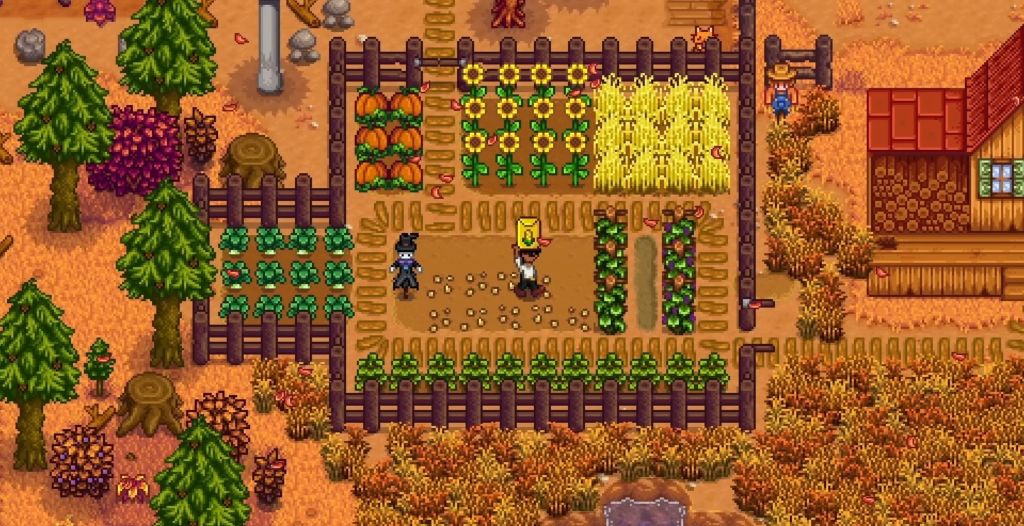There are growing signs Russian President Vladimir Putin is becoming increasingly rattled by the return of his arch-critic, opposition figurehead Alexei Navalny.
Navalny returned home last week after five months recovering in Germany from a suspected assassination attempt, that he and a team of investigative journalists say was ordered by Putin himself. He was detained at a Moscow airport Sunday night, and the next day jailed for 30 days following a hastily-arranged hearing in a makeshift courtroom.
Videos by VICE
Navalny’s supporters plan to protest his detention in demonstrations planned for dozens of cities and towns on Saturday, but ahead of the weekend Russian authorities are cracking down, online and IRL.
At least five key figures affiliated with Navalny’s Anti-Corruption Foundation have been arrested, including his press secretary, Kira Yarmysh. She was unbowed as she announced on Twitter Friday that she had been given a nine-day sentence for calling on people to join the demonstrations.
“Well, you know what to do,” she tweeted. “January 23, 14.00, the central streets of your cities. Come!”
In an earlier tweet, she said that showing up at the protests was “everyone’s duty, if we want prosperity, freedom and the well-being of our country. And so that Alexei and all those illegally behind bars are set free.”
Online, Russian authorities ordered social media sites to take down calls for protests demanding Navalny’s release.
Officials said Friday that TikTok, Instagram and VKontakte, the Russian equivalent of Facebook, were taking down large quantities of posts promoting the protests on the orders of the state censor, after pro-Navalny posts racked up millions of views. Some showed students taking down portraits of Putin from their classroom walls.
In other posts, pop stars, rappers and TV hosts expressed their support for Navalny.
Police said they would prosecute anyone calling on people to join the protests, especially those encouraging children to take part.
In a message from Navalny that was posted to his Instagram account Friday, the jailed opposition leader acknowledged the support for his campaign from students on TikTok. He noted that it must be infuriating for Putin, and stated for the record that he had no plans to kill himself, in case anything should happen to him.
“It is not my plan to hang myself on a window bar, or to open my veins or throat with a sharpened spoon,” he wrote.
Experts say that Navalny’s brutal treatment by the Russian state – and his fearless campaigning since returning from Germany last week – appears to have generated new levels of support for his political cause, and shaken Russian authorities.
Navalny’s 30-day jail sentence is officially for violating the parole terms of a suspended sentence, which supporters, and the European Court of Human Rights, say was politically motivated.
The day after Navalny was jailed, his Anti-Corruption Foundation released a video investigation alleging that Putin had a $1.3 billion seaside palace that had been built through illicit funds from oligarchs. The video has since gone viral, garnering tens of millions of views and embarrassing the Russian leader.
“I think they’re really rattled,” Russia expert Eleanor Bindman, a senior lecturer in politics at Manchester Metropolitan University, told VICE World News.
“Navalny has played it really well this week, despite the fact he’s been detained.”
She said Navalny’s high-profile poisoning, and his shrewd campaigning – for instance only responding to journalists’ English-language questions on his return flight home in Russian – since surviving the attack, appeared to be building public sympathy and support for his opposition movement, particularly among younger and urban Russians.
Even high-profile Russian athletes such as ice hockey star Artemi Panarin, a pro at the NHL’s New York Rangers, and former national football captain Igor Denisov have put out statements in support of Navalny, a rarity in a country where sports stars are typically pro-Putin or publicly avoid politics.
“I have never been interested in politics, and I will never be interested in politics,” said Denisov. “But this is not about politics.”
He added: “I want to support Alexei Navalny and his family, his wife and his children. Alexei should be free.”
Bindman said many Russians were disturbed by Navalny’s treatment. “I think there’s an element of people feeling this is not a correct or decent way to treat him.”
Damelya Aitkhozhina, a Russia researcher at Human Rights Watch, told VICE World News in an email that while it was unclear how broadly Navalny’s appeal spanned across wider Russian society, it appeared that recent events had galvanised support for him, especially among urban youth and particularly in Moscow.
“For many, Navalny embodies dissent and frustration with prevalent corruption, nepotism, economic stagnation,” she said, adding that there had been a strong reaction to the “secret palace” video.
She said that despite comments from the Kremlin this week downplaying the threat posed by Navalny, the increasingly authoritarian crackdown ahead of the protests told another story.
“The authorities appear to engage at all levels, using their usual tools of preventive detentions, warnings and harassment of activists, intimidation of youth,” she said,
“It is clear that authorities anticipate mass protests and want to pre-empt and suppress it, but realistically expect them to take place and apparently [are preparing] a harsh response.”
Bindman agreed, saying Russian authorities appeared to be responding to the rise in Navalny’s profile by taking a tougher stance towards his supporters, a development that didn’t bode well for Saturday’s protests.
“The authorities are becoming more hardline in how they’re treating these protests, which is worrying,” she said.
More
From VICE
-

Savannah Sly, dominatrix and co-founder of sex-worker vote mobilization group, EPA United. -

Screenshot: ConcernedApe -

(Photo by Gerardo Vieyra/NurPhoto via Getty Images) -

Photo by Gary Hershorn/Getty Images


